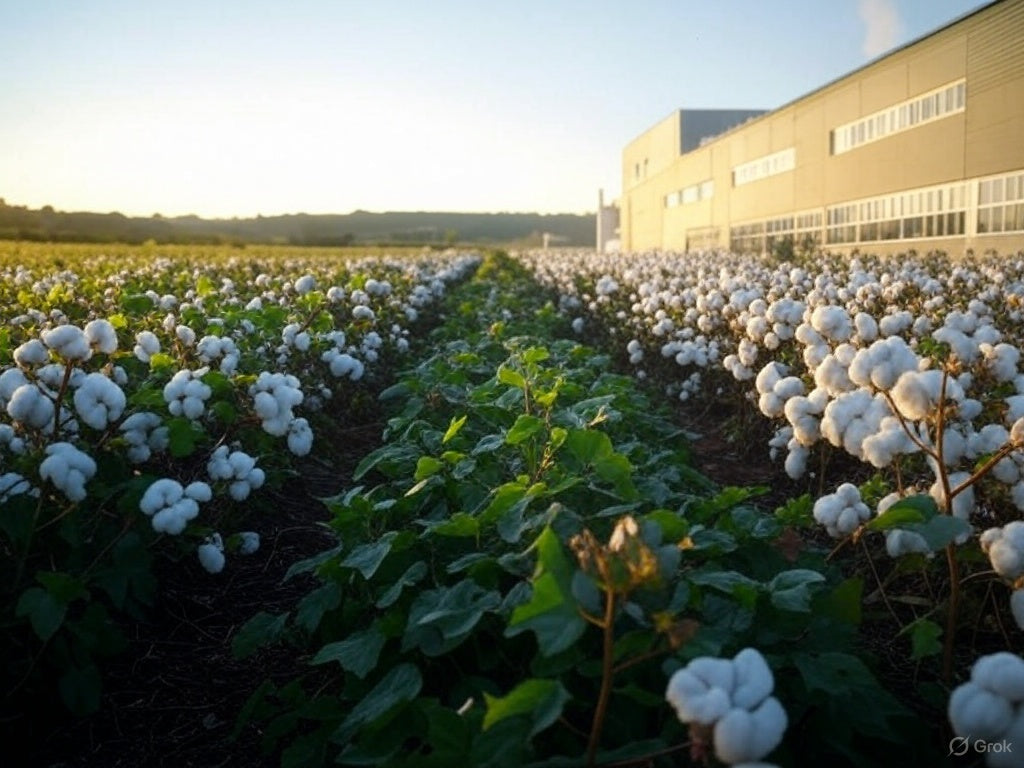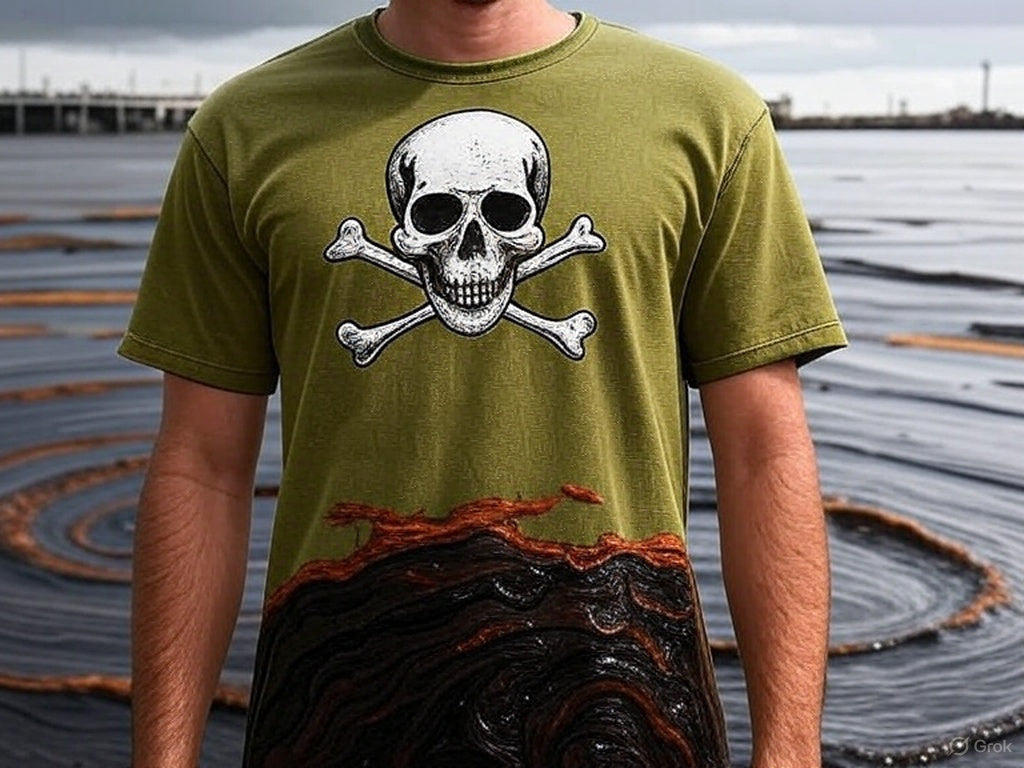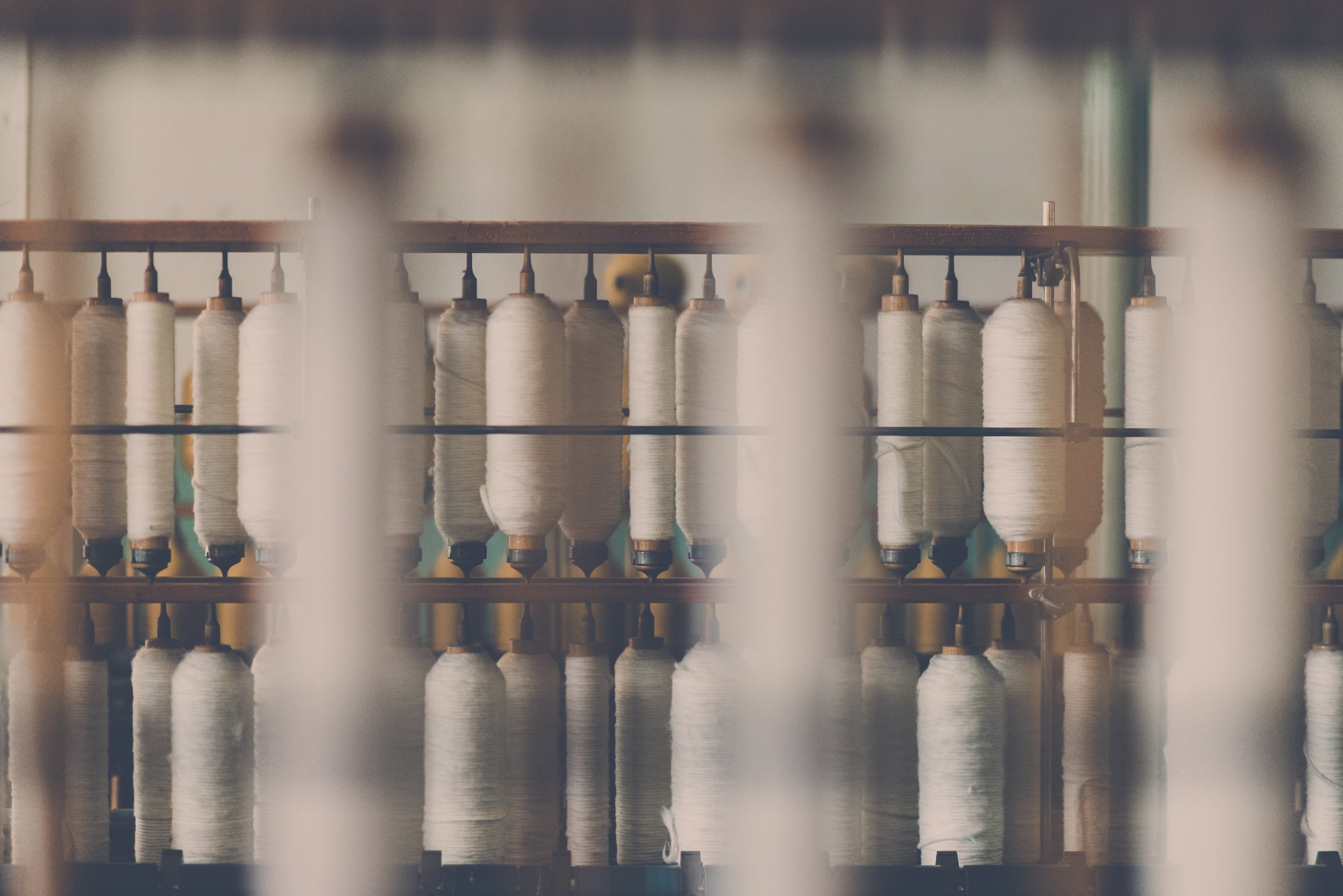- All posts
- 2020
- activewear
- adidas
- algae blooms
- autism
- bees
- body temperature
- boxer briefs
- BPA
- breathable fabric
- Brycen Tremayne
- burberry
- Cancer
- chemicals
- Climate Change
- college athletes
- comfort
- cotton
- cotton underwear
- Doctor
- Dudefluencer
- edc
- Endocrine Disrupting Chemicals
- environmental impact
- EPA
- fabric dyeing
- Fashion
- fast fashion
- fertility
- fertility crisis
- Florida
- Forbes
- Forever Chemicals
- Formaldehyde
- frequency
- Future of clothing
- GOTS
- GOTS certified
- Greenwashing
- heat generation
- history of cotton
- hormone
- hormone disruption
- industrial waste
- Is polyester toxic?
- Joseph Yerkovich
- Lifestyle Shirt
- Low Sperm Counts
- lung cancer
- lungs
- Marc Richard
- men's clothing
- men's cotton boxer Briefs
- Men's organic cotton boxer briefs
- men's organic cotton underwear
- men's organic underwear
- men's underwear
- Microfiber Pollution
- microplastic
- Mike Richard
- moisture wicking
- natural materials
- Nil
- non toxic living
- nontoxicliving
- opok
- Organic
- organic activewear
- Organic boxer briefs
- organic boxers
- Organic clothing
- organic cotton
- organic cotton t-shirts
- organic cotton underwear
- Organic cotton vs polyester
- Organic food
- organic hoodie
- Organic men's boxer briefs
- Organic men's clothing
- organic men's underwear
- Organic Performance
- organic performance clothing
- Organic Shirt
- organic shirts
- organic sweatshirt
- organic t-shirts
- Organic tee
- Organic underwear
- Organic Workout Shirt
- organic workout shirts
- Paris climate Accord
- Performance Shirt
- pesticide
- Pesticides
- petrochemical
- pfa
- PFAS
- Phthalantes
- Plastic clothing
- Podcast
- polyester
- Polyester Underwear
- recycle
- recycled plastic bottles
- recycled plastic clothing
- rpet
- Runoff
- sleep quality
- sperm
- sperm count
- Stanford
- Stanford Football
- Stanford University
- sustainable clothing
- sustainable cotton initiative
- sustainable development goals
- sustainable fashion
- Sustainable men’s clothing
- Synthetic chemicals
- synthetic clothing
- synthetic pesticide
- teflon
- timberland
- Toxic Chemicals
- Toxic clothing
- toxic dyes
- toxic materials
- toxic runoff
- toxic threads
- toxins
- Trump
- underwear
- water polo
- Water Proof Clothing
- White house
- Wolf Wigo
- Workout Clothing
- year in review

Why Polyester Makes You Itchy and Stinky (And Why Organic Cotton is Your Skin's New Best Friend)
Hey there, fashion sufferers! Ever slipped into that "performance" polyester shirt for a quick workout, only to emerge feeling like you've been wrapped in a plastic bag from hell? You're scratching...

Why Wearing Polyester Is Basically Wearing Plastic
Let’s be honest—most people don’t realize what their clothes are actually made of. That soft, stretchy activewear or those high-tech boxer briefs? If they’re made from polyester, you’re basically w...

The Frequency of Clothing: Why Organic Cotton Reigns Supreme
The idea of "frequency" in clothing stems from the understanding that everything in the universe vibrates at a specific frequency, including the materials we wear, which can have profound affects o...

Abstract Polyester, a petroleum-based synthetic fiber, dominates the global apparel market due to its affordability and versatility. However, emerging research reveals significant health and enviro...

Does wearing Polyester have an increased link between prenatal exposure and Austism?
Recent research has unveiled a concerning link between prenatal exposure to bisphenol A (BPA) and an increased risk of autism spectrum disorder (ASD) in children. BPA, a chemical commonly found in ...

How to Support Sustainable Fashion Brands in 2024
In 2024, the fashion industry is at a crossroads. With growing awareness of environmental issues, more consumers are looking for ways to support sustainable fashion brands that prioritize ethical p...
